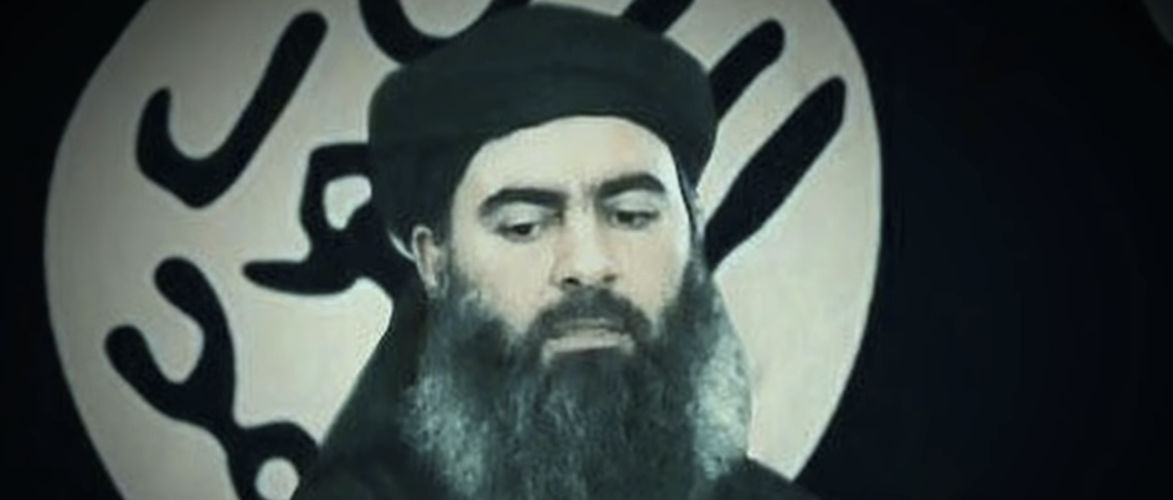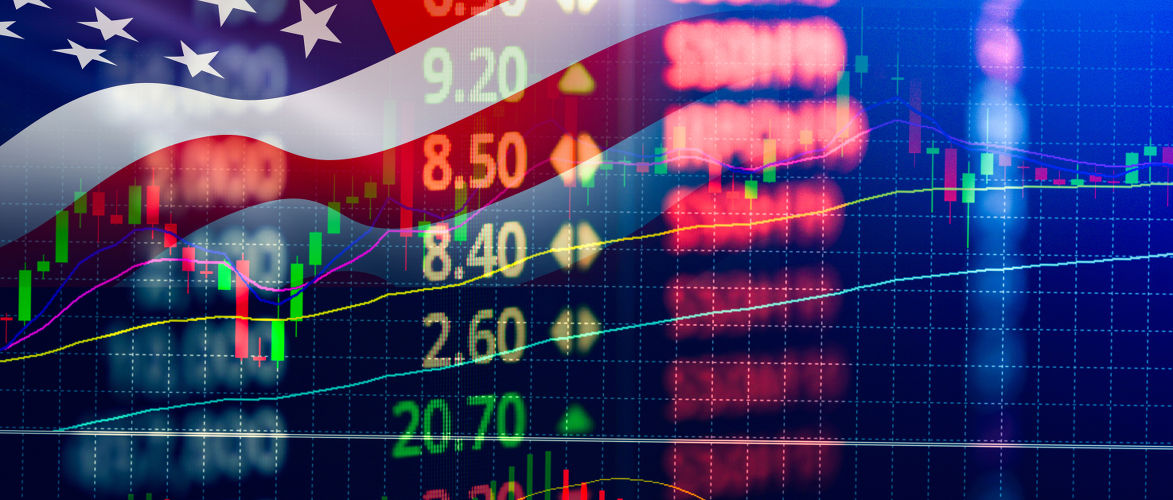Love is not only a private matter, but the roof under which all politics should take place. Are we courageous enough for such a revolution?
A comment by Christiane Borowy.
It is definitely worth the news when two authors from two different countries speak independently and publicly about love being the only way out of the crisis of humanity. One is the journalist and author Dirk C. Fleck and the other is the American author and activist Marianne Williamson. In the media it is hardly heard when love and politics are thought together. Yet this could be the path to political renewal, a return to democracy and an economy based on partnership.
On October 27th 2019, a political panel discussion took place at the Schauspielhaus Bochum on the topic “From responsibility for future generations – the “green” Article 20a: Resources and species protection”. The well-known journalist Sonia Seymour Mikich moderated. One of the guests was Dirk C. Fleck. His first speech already hits the nail on the head: it must be about love in politics and in each individual, otherwise “the planet under our ass will rot away” (1).
The well-known American peace activist and author Marianne Williamson sees this similarly in her book “A politics of love”, which was published in April 2019 (2) and which was either ridiculed in the German media (3) or simply ignored. But both authors agree independently: it takes more than criticism of the system. It needs internal activism just as much as external activism – and not this year, or next year, or the year after next, but immediately!
Are we crazy?
The political establishment, which represents about 1 per cent of the world’s population, has made the other 99 per cent of the world’s population and even the planet as a whole extremely sick over the last hundred years. Worse than ever before in history. Global poverty, a constantly reproducing military industry, the destruction of Planet Earth, the erosion of democracy, are phenomena that are the result of unrestrained greed. Profit maximization is being placed ever more radically above the needs of the individual human being. The result is a rapid increase in mass hopelessness, depression, disease and a general collapse of society and culture (4).
According to Williamson, these political and social conditions are a question of morality. The political establishment allows this development just like the 99 percent of people who look the other way and claim, for example, that politics is none of their business or that they can’t do anything about it. We face a very fundamental problem, which cannot be solved by superficial and purely external measures. In his book “Go! the Ecodictatorship”, first published in 1993 and recently reissued, Dirk C. Fleck writes: “We have been urinating in our living room for years. Instead of changing our way of life, we prefer to discuss the absorbency of the carpet in all scientific terms”. (5)
Mankind is losing its mind. Williamson also points out that it is urgently necessary to take a broader and deeper perspective than mere system criticism, which only remains on the surface. Fleck describes the phenomenon in the aforementioned panel discussion at the end of October on the basis of an example in which he says that it is like planting a small plant just before the tsunami to stop it.
Hate is loud, love (too) quiet
Oh, yes, love. It would be so nice if people would love each other more, wouldn’t it? We all want that, but basically it is an illusion, isn’t it?
Williamson’s answer is that the demand “Love one another” is more of a wake-up call and a recipe for political renewal than a recipe for personal salvation. Of course, there are countless examples in history of what hatred and fear can do, but there are also countless examples of how love can do a lot of good. But we are not aware of that.
The problem, Williamson says, is not that only one person is filled with hatred. It becomes especially problematic when groups are filled with hatred and loudly represent their convictions. That is why it is important to think love and politics together. Transformation processes have often been initiated by groups, mostly spiritual groups, who have turned to love. They have set the impulse for change.
According to Williamson, it is time to initiate this change not only in small personal gestures of love or in closed groups. Basically every single person has the task to reflect on this value.
We have arrived at a point that we have never experienced before in this way. Humanity is facing the abyss. Only a few steps further in an old traditional way, then we fall, and humanity perishes. That’s why it’s not enough to just spill on love, it’s necessary to pad it now.
It’s not enough to keep complaining about the social, economic, religious and political crisis. In the spirit of the Buddhist monk and peace activist Thich Nhat Hanh “To suffer is not enough”, it is not enough to focus only on suffering and moaning.
Hate is loud and dominant and is spread through the media. Love, on the other hand, is hardly heard. It is a task to stand up louder for love.
A prerequisite for this is that we remember that love is something natural that can be remembered and nurtured so that the culture of destruction can be opposed by a peaceful and loving culture.
Thinking politics and love together
For Williamson, the separation of politics and love is already an expression of a culturally anchored “dissociative disturbance”. Almost as if one wanted to separate the rain from the clouds. It is therefore important to ask oneself the question: Who are we that we have such problems around us? It is easy to blame others. We are human beings who are naturally one through their humanity alone. When you harm others, you harm yourself.
Why are we on earth – to destroy or to spread freedom, love and happiness, to preserve the planet and to outgrow ourselves? This is Williamson’s spiritual guiding question. Everyone has a fundamental right to these central Christian values, and the state should be there to ensure that the needs of peace, freedom and happiness can be met by everyone, Williamson believes.
However, by stimulating consumption and, in turn, an illusory sense of freedom, we are currently ensuring that there is no deep happiness, only superficial happiness. Happiness lacks substance. Fleck says on the podium: “Everyday life withdraws so much energy for banalities. We are overwhelmed and lose sight of the superstructure. But the price is high.
The fragmentation of politics and spirituality or love leads to a fragmentation of society, worldwide.
Deeper questions of humanity must therefore not be separated from politics, as is the case at present, because after all, political and social participation is a characteristic of democracy.
Revolution through love
“We must now begin to reawaken our revolutionary spirit, for tyranny in America today is not really different from tyranny in other times or places. It only has a better branding,” Williamson writes.
She sees three tasks as necessary for deep change and political renewal: First, we need to analyze the social and political crisis and take full responsibility for how we got to that point. Secondly, we must make good mistakes and return to democratic principles and universal values. Thirdly, politics must be reoriented according to the imperatives of love and humanitarian concerns, and the current power of short-term profit of an amoral economic system must be prevented.
Williamson is analytical and by no means only spiritual. She describes the political situation and calls a spade a spade when, for example, she describes politics in America as tyranny or refers to the military-industrial complex. No wonder, then, that it is not taken seriously and devalued – even in the German media.
She points out that every true spirituality leads to actively shaping current events and politics and to assuming responsibility. This does not mean what happens “in the name of love”, but rather a deep inner change that can initiate an outward change. This of course requires a lot of courage to do this in a society where a policy of love is seen as a weakness. It also requires seeking love in one’s environment. There is greed, but there are also loving statesmen and loving entrepreneurs. That is what we must see and hear.
Finally, it can be said that it could be enriching to translate Williamson’s book into German, because it is of central importance to look at the possibility of a revolution through love. It is also necessary to talk on stage and on television – so loudly – about the fact that love could be the only way out of the crisis.
To this end, however, it is necessary not to promote the division described above in the media by pouring scorn and ridicule on those who regard love as a high value. Dirk C. Fleck, for example, could not transport his themes in the media, including “the threatening ecological disaster that mankind has set in motion”, and edited them in novel form.
Dirk C. Fleck sums up the necessity of political renewal through love:
“Giving something without expecting anything. To treat others with fairness, kindness and sympathy, to listen to them, to respond to them, is not so difficult, we just don’t do in general. And if we could do that, another society would emerge that could no longer be controlled by any state power. That is my only hope. That would be a conceivable way out. We can forget everything else. That is over and done with.”
Read more:
- https://www.schauspielhausbochum.de/de/stuecke/183/ausreden-zuhoren
- https://www.harpercollins.com/9780062873934/a-politics-of-love/
- https://www.fr.de/politik/donald-trump-marianne-williamson-setzt-voll-liebe-12898052.html
- https://www.bundesgesundheitsministerium.de/themen/praevention/gesundheitsgefahren/depression.html
- https://www.dirk-c-fleck.de/de/go-die-oekodiktatur
+++
Thanks to the author for the right to publish.
+++
Picture hint: Brian A Jackson / Shutterstock
+++
KenFM strives for a broad spectrum of opinions. Opinion articles and guest contributions do not have to reflect the editorial point of view.
+++
You like our program? Information on support options can be found here: https://kenfm.de/support/kenfm-unterstuetzen/
+++
Now you can also support us with Bitcoins.

BitCoin Adresse: 18FpEnH1Dh83GXXGpRNqSoW5TL1z1PZgZK










Kommentare (0)